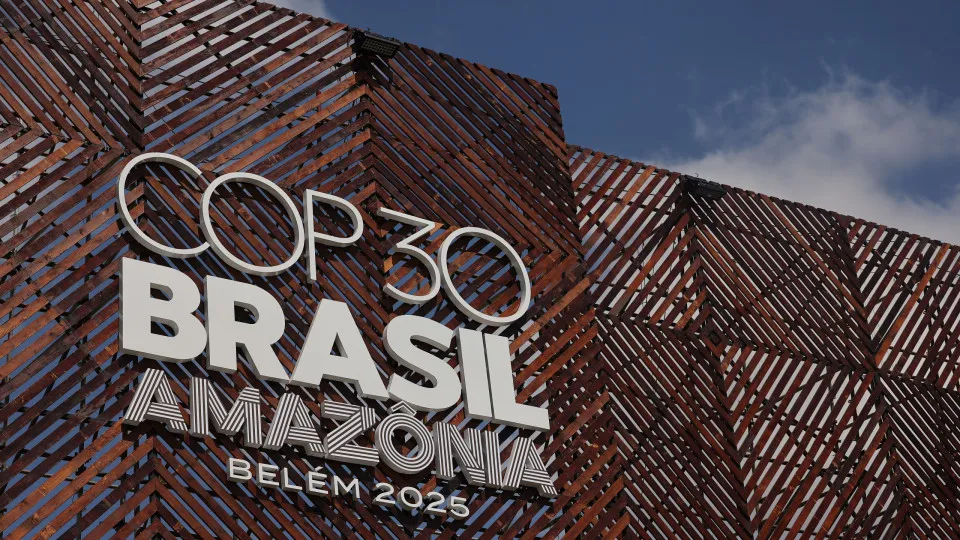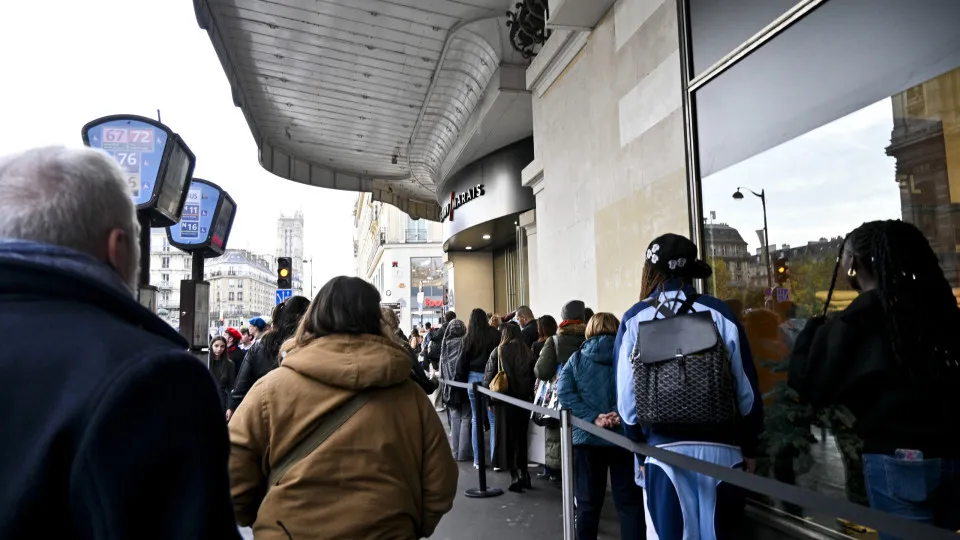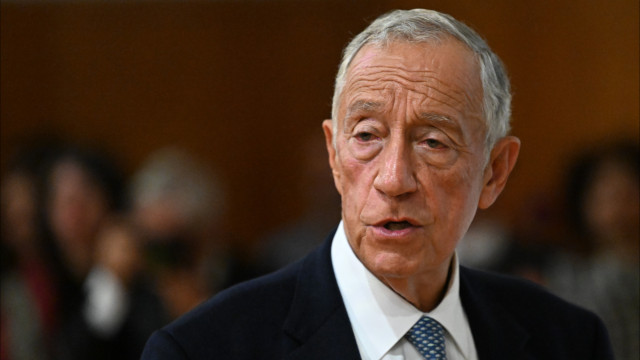
“We feel we haven’t been heard enough,” said Pedro Sereno before departing for Brazil as part of the Portuguese delegation to COP30, which takes place in Belém from November 10 to 21.
Pedro Sereno, a member of a European network of young climate delegates, attended the last two UN climate meetings, but this is the first time he is fully part of the national delegation. While there is increasing youth involvement, he notes a lack of “the materialization” of their demands.
Governments are not obligated to adopt youth proposals, and so their voices often go unheard, Sereno explains, adding that young people do not want to be acknowledged solely because of their age.
He criticized the phenomenon of “youth washing,” where young individuals are included merely for appearances, to project a concern for future generations.
“It would be good if youth washing stopped. There are young people who understand these topics better than adults, and it is frustrating that there are no consequences,” stated Pedro Sereno, an expert in European funding for renewable energy and coordinator of the Energy Working Group in Youngo, the official youth constituency of the United Nations Framework Convention on Climate Change (UNFCCC).
In recent years, through the organization “Youth Climate Leaders,” Sereno has participated in meetings with the Ministry of the Environment, advocating for greater youth involvement. At COP30, he will represent national youth in various negotiations involving the Portuguese Government.
According to Pedro Sereno, a successful COP30 would result in a firm stance on completely abandoning fossil fuels. It would also be positive to see young people more regularly involved in climate issues.
He has concerns, however, regarding the positions of some governments, the disinterest of the U.S. administration, and the EU, traditionally a leader in renewable energy with ambitious goals, which has shown signs of weakening environmental legislation.
“A reduction in goals is a cause for concern for us,” he notes, stressing that “it is important for the European Union to maintain a firm position.”
Are young people any less committed to the climate fight? Sereno believes not, observing many young individuals deeply concerned with the issue and more open to dialogue. He cites the Portuguese Youth Charter for Climate, presented last month, as an example.
“It was easy for 60 young people to devote months of their time to this charter.”
From the document, Sereno highlights the consensus among young people on the issue of mitigation, ensuring a proper transition with concrete goals and replacing fossil fuels.
There is also consensus on the need for more developed countries to increase support for poorer nations, as well as ensuring a just transition carried out with communities—and young people.
Then, there are issues related to employment, gender, and knowledge requalification.
In the charter presented in October, young people advocate for a gradual end to fossil fuel subsidies and the promotion of green and qualified jobs.
Released following the fourth edition of the “Local Conference of Youth” (Lcoy) Portugal, an event part of Youngo, the document specifies that support for fossil fuels should end by 2030 and insists on greater youth participation in political decisions, both locally and internationally.




